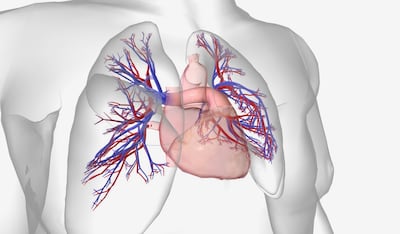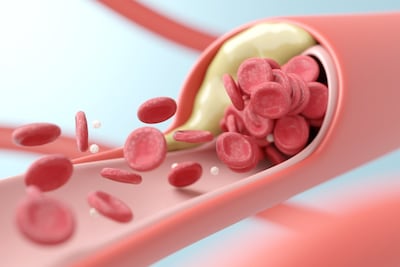Cardiovascular
The impact of rising demand, Medicare price negotiations under the IRA, Medicaid concessions under its Trump administration drug pricing deal and direct-to-patient sales will combine to boost Eliquis sales this year.
Cardiovascular disease is moving to the top of the EU’s health agenda with the release of the Safe Hearts Plan, European Parliament scrutiny of which is expected at the end of Q1. Medical device companies applaud the initiative but will seek more input as the plan evolves.
Cardiovascular disease is moving to the top of the EU’s health agenda with the release of the Safe Hearts Plan, European Parliament scrutiny of which is expected at the end of Q1. Medical device companies applaud the initiative but will seek more input as the plan evolves.
ACC/AHA guidelines are reshaping US payer policies, expanding coverage and access to breakthrough cardiovascular therapies like SGLT2 and PCSK9 inhibitors. But costs, red tape, and uneven access still stand in the way.
Propelled by Abiomed and Shockwave Medical, global second-leading medtech group reports innovation-driven 6% revenue rise in 2025 and readies for deeper move into higher-growth markets ahead of anticipated US Ottava launch and separation of DePuy Synthes orthopedics.
The $172m acquisition will bring in Kylo-11, a Lp(a) inhibitor with potential once-yearly dosing, as well as other ultra long-acting siRNA candidates directed at APOC3, PCSK9 and other undisclosed targets in cardiovascular diseases.
The CEO of Inno Medicine tells Scrip the Chinese company has developed a novel active-targeting nano-liposomal formulation to reverse coronary atherosclerosis plaque, which has yielded positive proof-of-concept Phase Ib/IIa results.
AstraZeneca, Lilly, Novo Nordisk and Amgen all moved up in the rankings on the Scrip 100 leaderboard powered by impressive double-digit growth.
In 2024, trial initiations shifted following the post-pandemic decline in COVID-19 studies. Cardiovascular trials showed the greatest growth by therapeutic area but trailed the previous year’s initiation levels.
French biotech CellProthera is advancing to Phase III with its autologous CD34+ stem cell therapy that regenerates tissue after severe heart attacks.
Amgen has worked its way through biosimilar and generic competitors for key drugs, with Prolia and Xgeva now challenged, and may have a mega-blockbuster on its hands in obesity.
Aspire Biopharma has its eye on key strategic goals in 2025 and 2026, including for its lead candidate, a sublingual high-dose aspirin product that it hopes to position as a first-line emergency treatment for suspected heart attacks.










